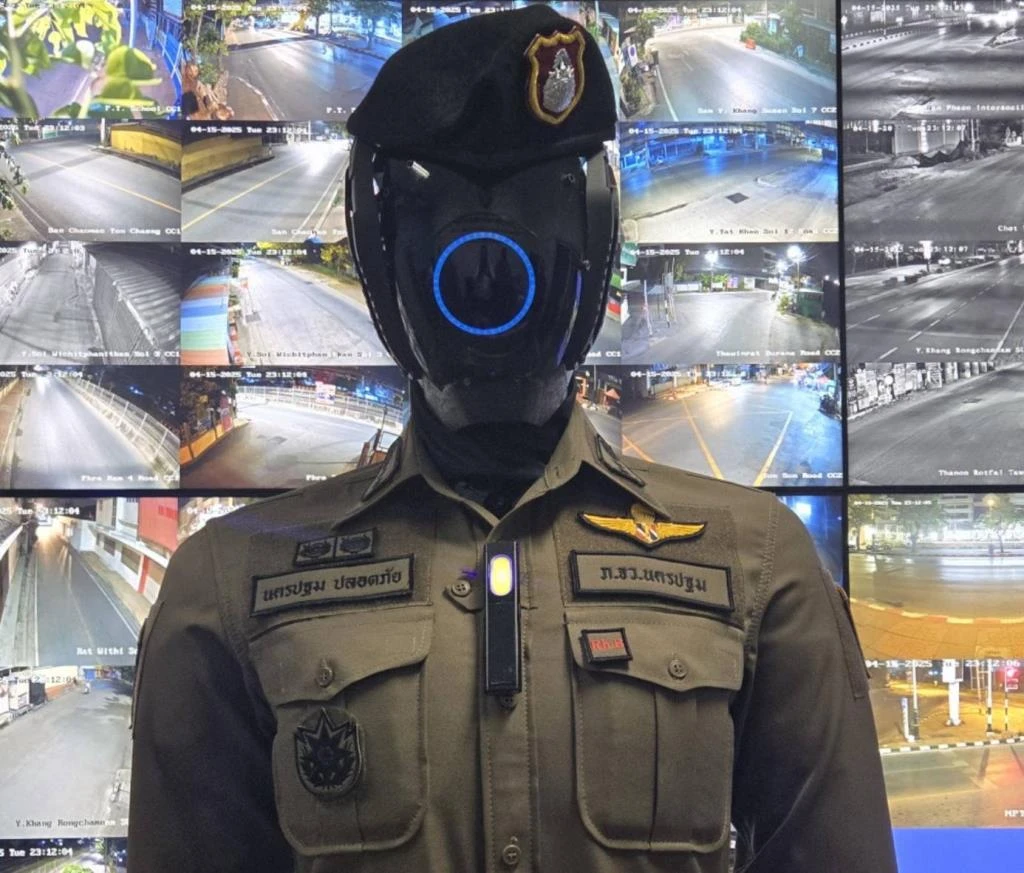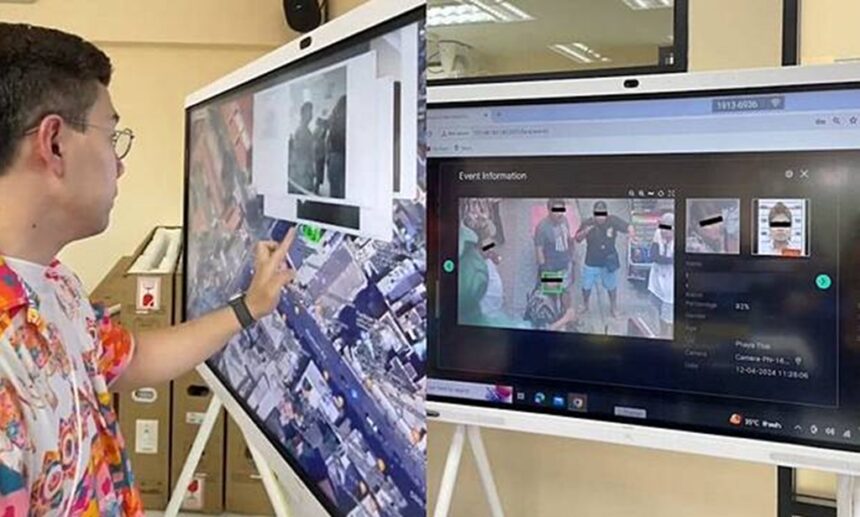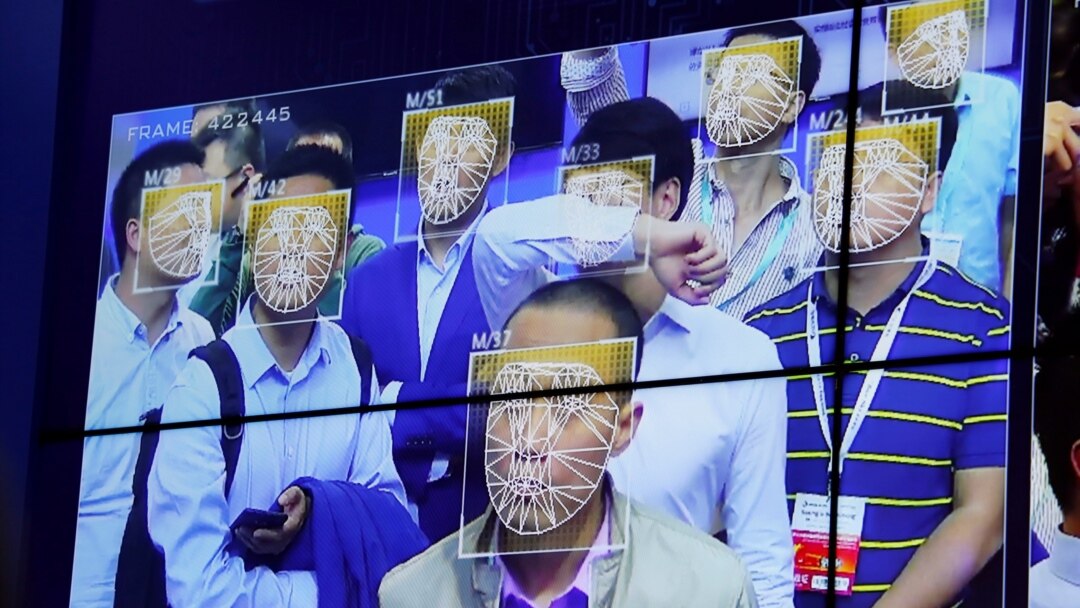BANGKOK — Thailand’s Tourism Police have installed new AI surveillance cameras across popular tourist spots, leading to almost 200 arrests since July 2024. These cameras combine facial recognition with live video analysis.
The Royal Thai Tourist Police, teaming up with UK-based Gorilla Technology Group, began this project after the kidnapping of Chinese actor Wang Xing in Bangkok earlier this year.
This high-profile case highlighted the urgent need for stronger security in busy destinations like Phuket, Pattaya, and Chiang Mai.
Now running in these areas, the smart city system uses AI to scan video feeds and compare faces and car plates with international databases. This helps police spot wanted people and track crowd sizes. Gorilla Technology claims its AI surveillance cameras can detect threats with 98% accuracy, which has encouraged police to expand their use.
Since the rollout started in July, these AI surveillance cameras have played a key role in catching 198 suspects, some wanted for theft, fraud, and violent crimes. By matching faces with police records, the system has helped officers act faster.
Pol. Maj Gen. Saksira Phueakam, who leads the Tourism Police, said the system lets them stop crimes before they happen by spotting threats as they arise.
Facial recognition forms the heart of the system. Cameras scan faces, compare them to lists of suspects, and cover wide areas with 360-degree views. They also connect with drones and local camera networks, creating a web of monitoring.

Thailand’s AI Police Cyborg 1.0
The AI can tell the difference between harmless objects, like water guns during festivals, and dangerous items such as knives. This skill was tested during the Songkran festival in Nakhon Pathom, when the AI Police Cyborg 1.0—known locally as “Pol Col Nakhonpathom Plod Phai”—helped spot risky individuals in crowds, resulting in several arrests.
The system’s strength is its ability to handle huge amounts of data instantly. Video is sent back to Command and Control Centres in each province, where officers check for alerts about wanted people, unusual behaviour, or weapons.
Advanced search tools mean the system can also follow suspects based on their clothes, body type, or gender, helping officers find people in busy places. Pol. Lt. Col. Thitipong Srisomwang, who manages the project in Phuket, compared it to having an officer on duty around the clock. The cameras don’t just watch—they analyze and respond.
AI Surveillance cameras from China
Thailand’s move to AI policing follows global trends. China uses robots that interact with the public, while the US relies on AI to forecast crime hotspots. Thailand’s system, however, focuses on keeping tourists safe while managing cross-border risks.
The partnership with Gorilla Technology includes plans to cover all major tourist sites over the next five years.
However, the fast rollout of AI surveillance cameras has drawn criticism. Human rights groups worry about what could happen if biometric data is misused. Thailand’s Personal Data Protection Act (PDPA) has come under fire for loopholes, especially around “national security” that allow broad data collection.
Stories of wrongful arrests elsewhere, such as Randal Reid’s six-day detention in the US due to a facial recognition error, have increased worries about these systems’ accuracy. Research shows that facial recognition can misidentify people of colour more often, raising fairness issues in Thailand’s diverse tourist districts.
Privacy groups also fear the technology could suppress free speech. In Thailand’s Southern Border Provinces, facial recognition has been used to watch local populations, with some claiming it is used to control rather than protect. Sunai Phasuk from Human Rights Watch argues that without open oversight, public trust could suffer.
Tourism Police say the system is tightly controlled, with only approved officers able to access the data. They stress that each arrest relies on human review, not just an AI match. Pol. Maj Gen. Saksira insists they aim to keep both visitors and locals safe, not to control them.
Thailand wants to lead the way in smart policing, but the programme’s future will depend on strong protections for privacy. Nearly 200 arrests since July show the system’s ability to reduce crime, but also highlight the importance of careful management to prevent misuse.
For now, Thailand’s AI-powered cameras continue to operate, setting an example that may influence public safety measures across the globe.















